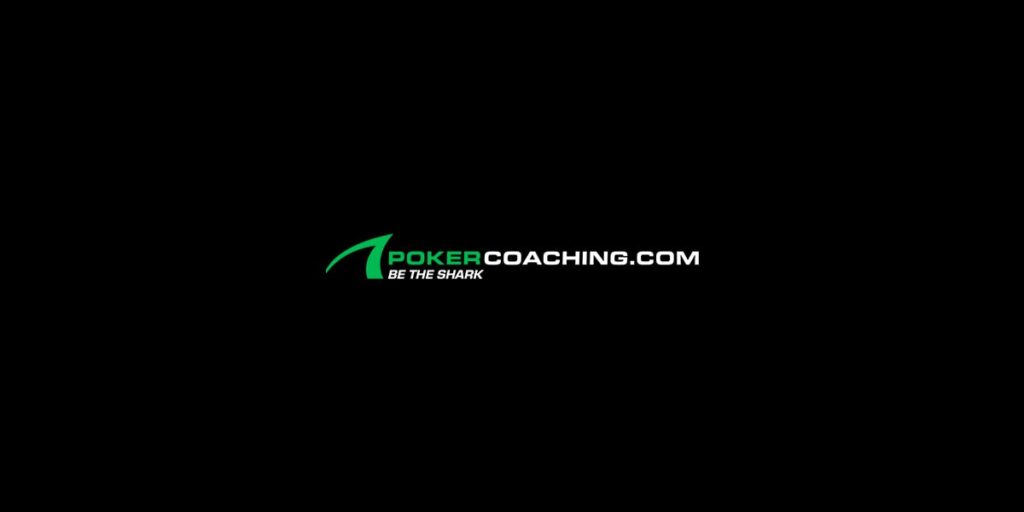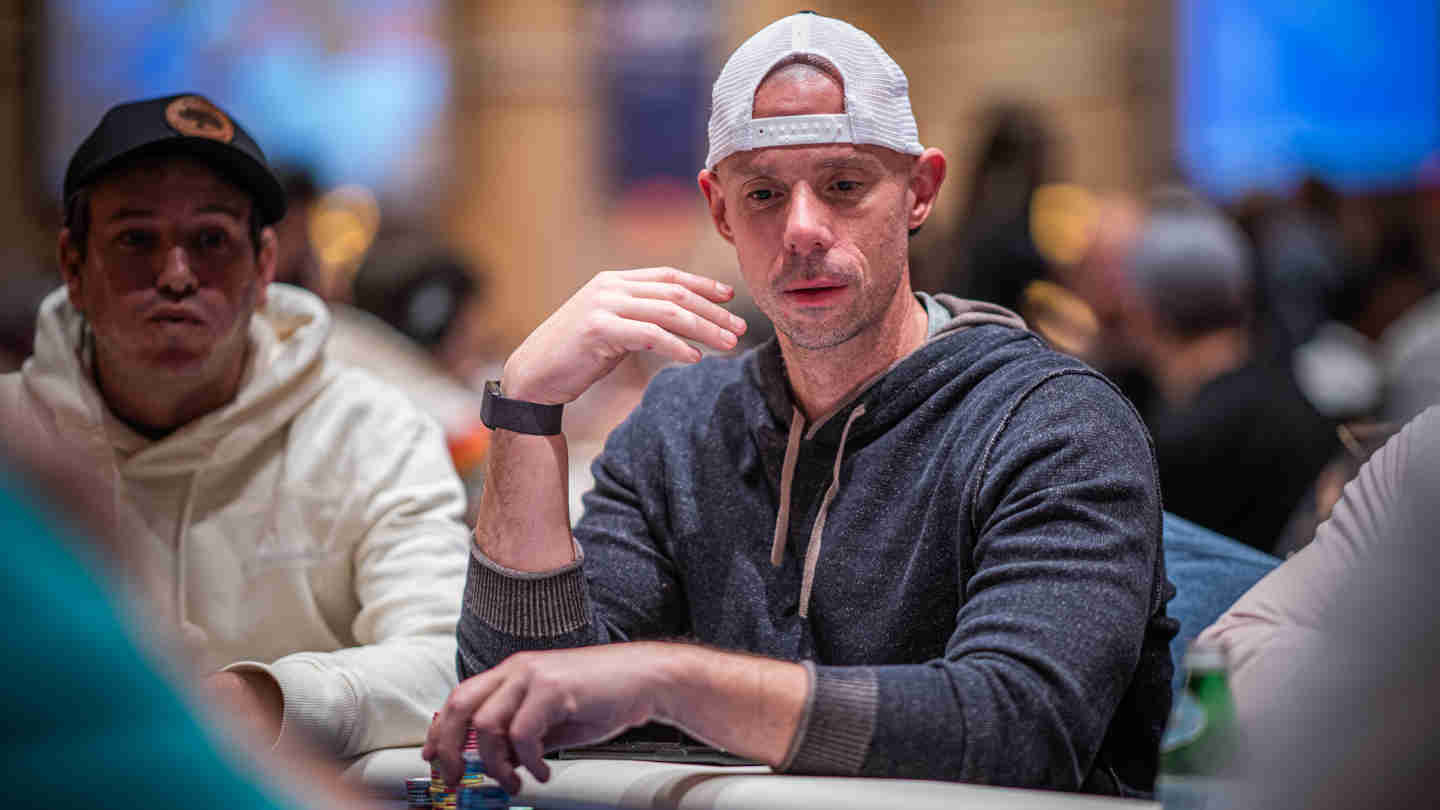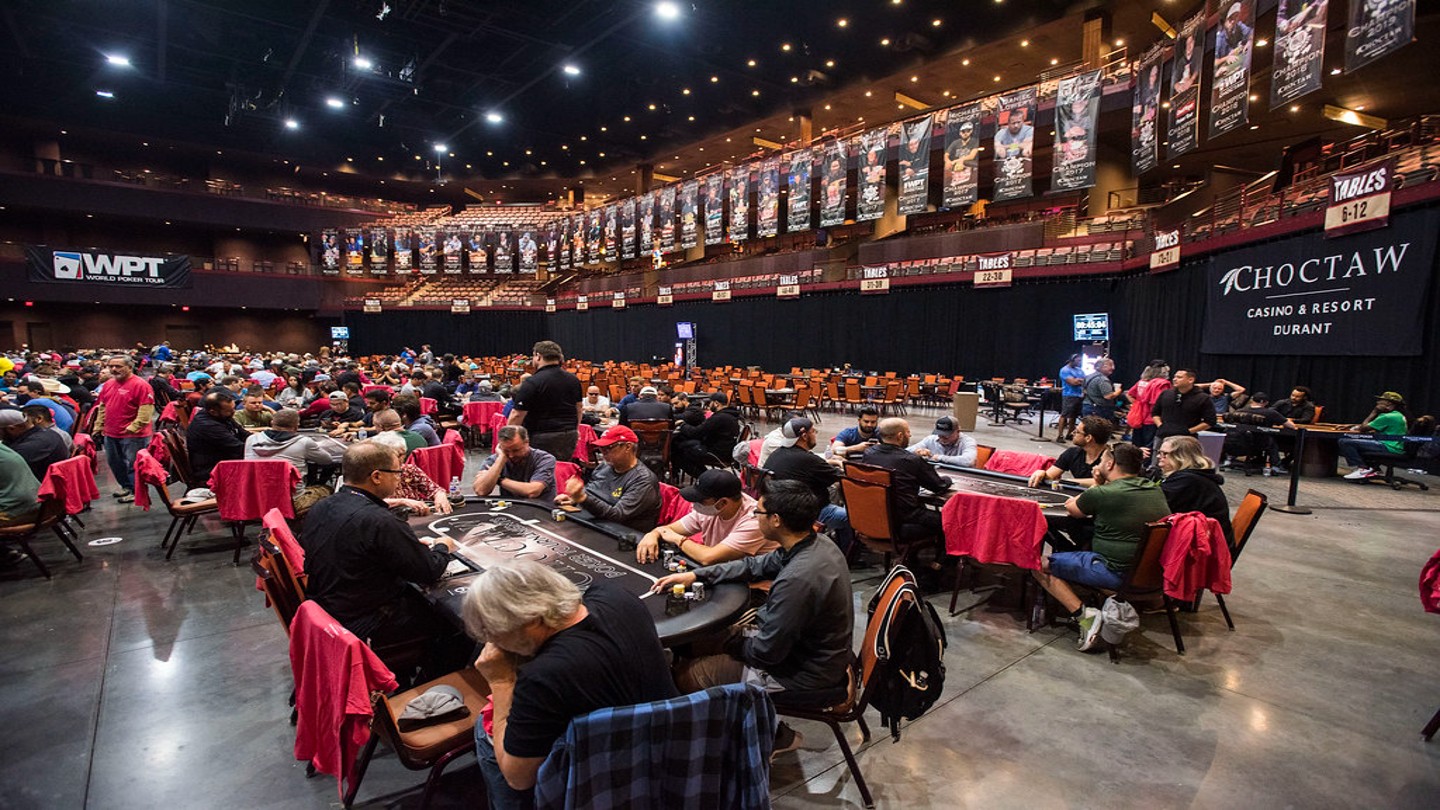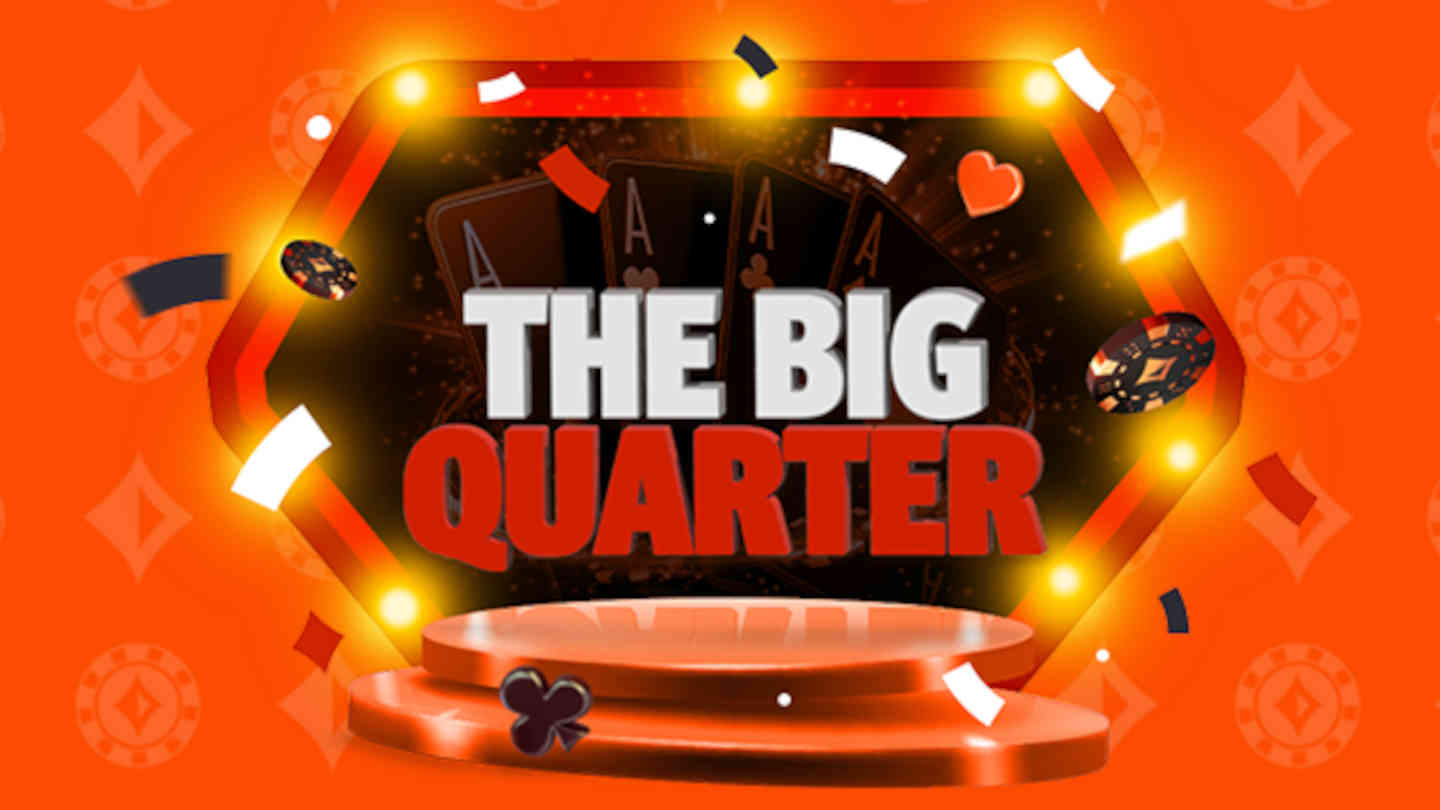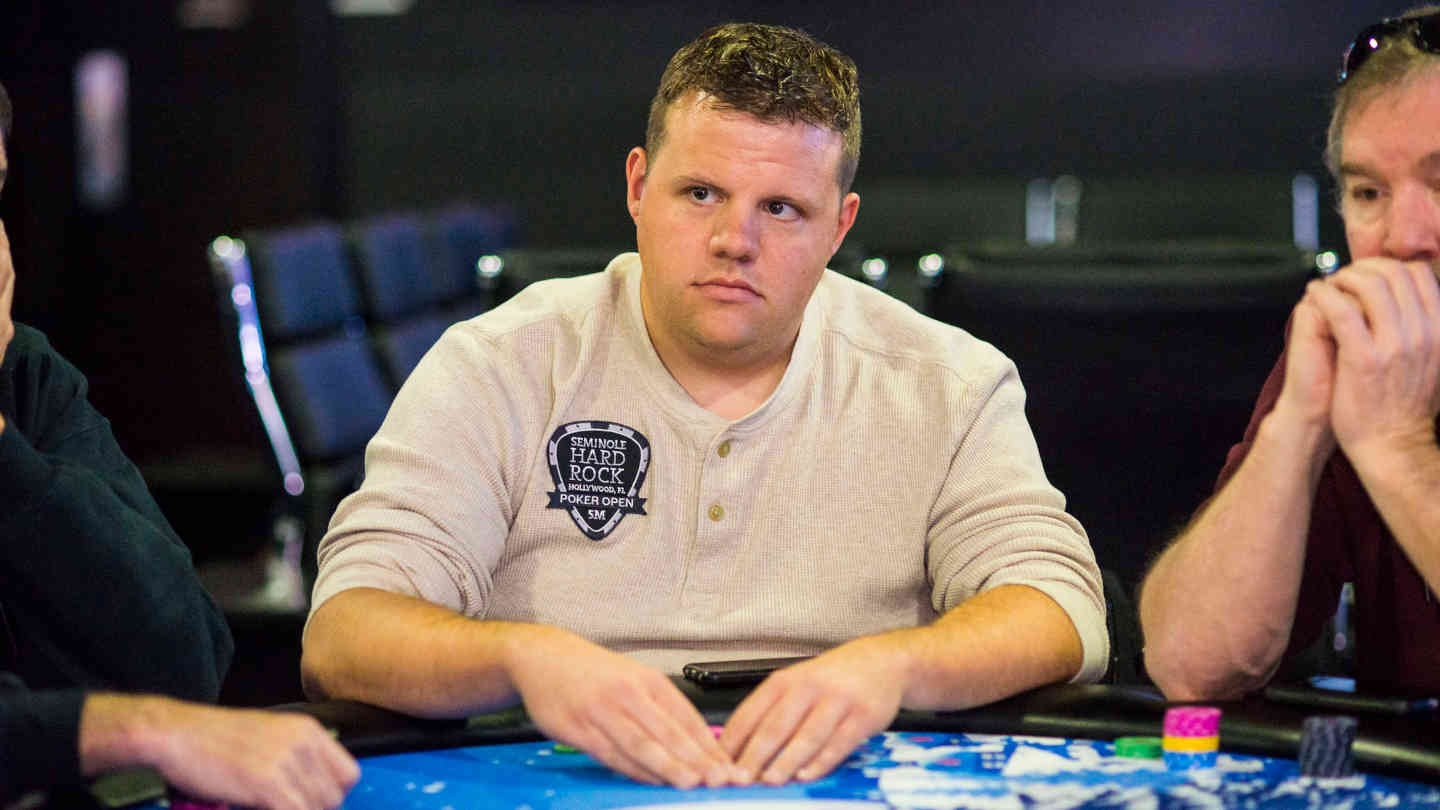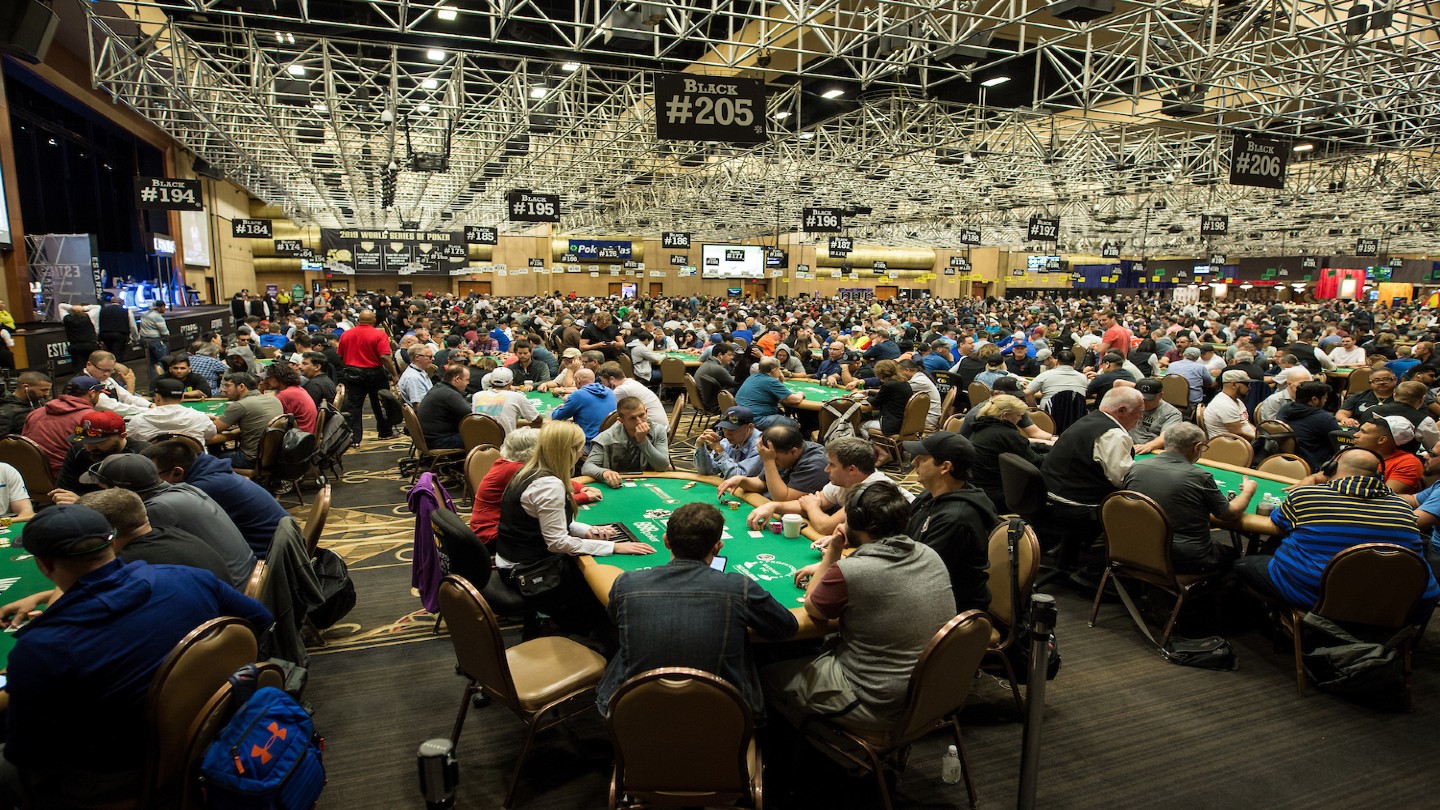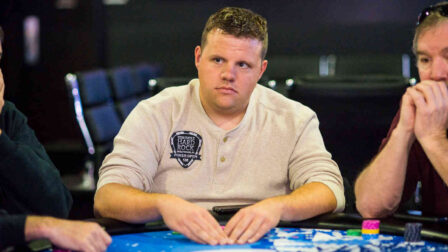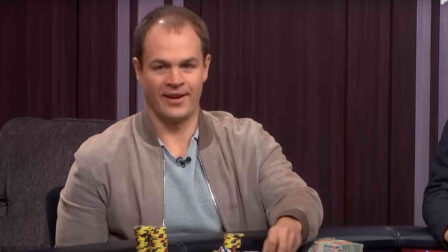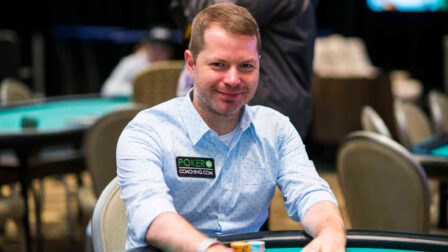How to Improve & Quickly Move Up the Stakes in Poker
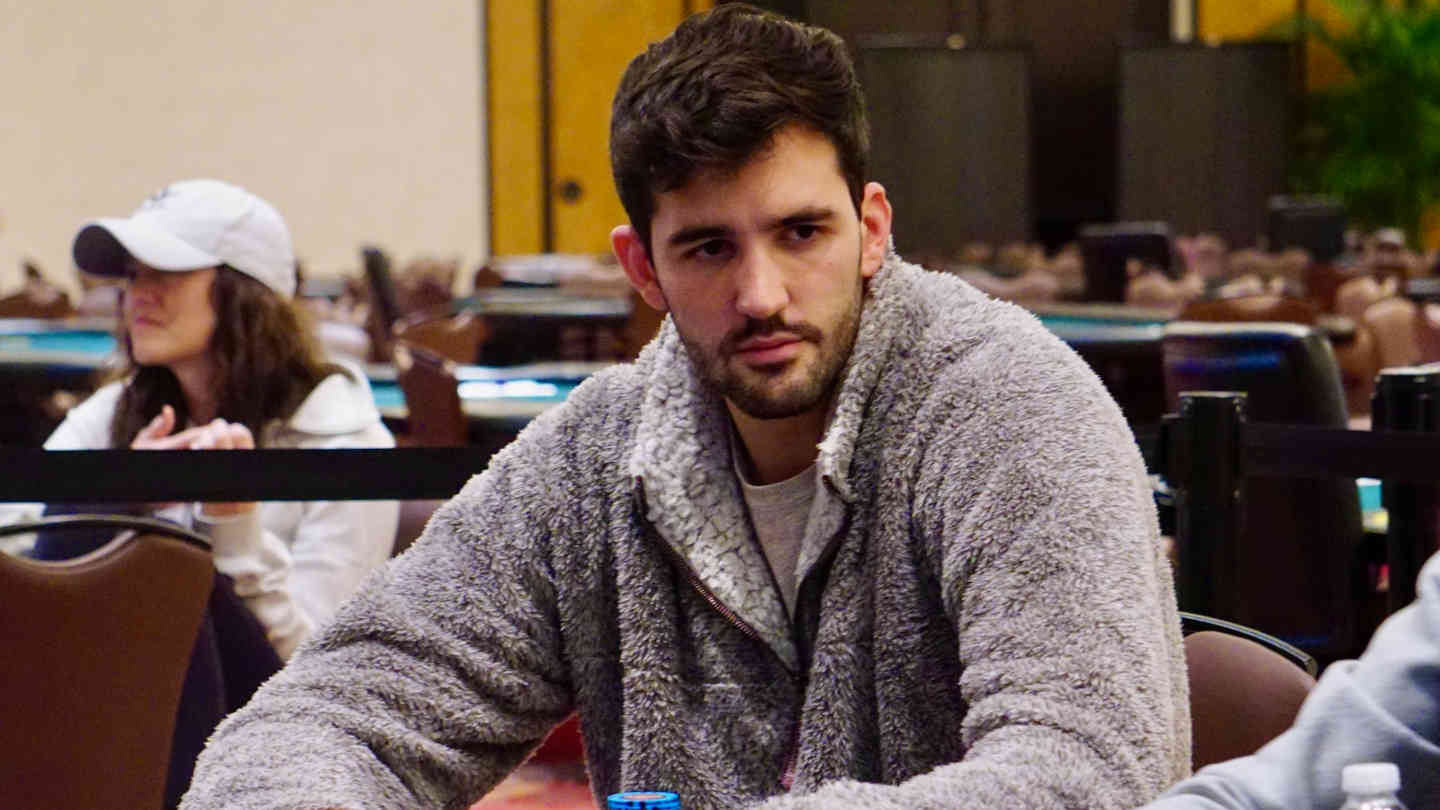
5 minutes
Last Updated: January 18, 2024
If you want to increase your edge at the tables even further, make sure to check the Pokercoaching training site.
…
The topic of improving and moving up in stakes is something that almost every player out there is interested in. No matter how good you get at something you’re passionate about, it is a natural drive to want and improve as quickly as possible and be successful.
With that in mind, in this article, I’ll give you a few tips to expedite your process of becoming a better player and moving up that stakes ladder.
Before we dig into the meat and bones of it, one thing I want to discuss is short-term results and how too many players, especially inexperienced ones, use short-term metrics to evaluate how good they are.
If you play a six-hour session after studying for 20 hours, and things go really well, you’re not doing yourself any service if you draw a conclusion that you’re now crushing the game.
It also works the other way around, i.e., if your first session after putting in some studying time doesn’t go well. It is too small of a sample to use for any kind of conclusion.
Focus on constantly improving whether things are going well or poorly – that’s how you’ll succeed at poker!
Many people don’t get where EV in poker is coming from. When you get AA vs KK, there is no EV there, as you’ll find yourself on both sides of that situation. Your EV comes from small edges and a better understanding of strategies from different positions and in different scenarios.
You should only focus on making constant small improvements and increasing your edge instead of the financial aspect, counting the number of buy-ins you might be up or down after a couple of sessions.
–
Constant Desire to Improve Is Key to Success
You should spend high-value time improving after every session. This best fits into your post-game schedule. Most people allow their results dictate their mood, and whether it’s a bad or good mood, it usually involves just wrapping up the session and moving on to something else.
Instead, I’d encourage you to spend some time immediately after a session productively. Get rid of all the leftover feelings. Don’t carry around things that don’t matter. Reset your mind and get it back on the poker strategy. Spend 10 to 15 minutes in the post-session focusing on strategy.
If you have a couple of tricky spots from your sessions, you have to review them when you’re done, using a solver or sharing it with your coach or your poker buddies. You’ll improve so much faster than someone who just moves on and forgets about it.
You also need to take notes and develop a deep understanding of your own game. You will make and repeat your mistakes, but if you take notes and keep track, you’ll develop a strong understanding of your strategy and where your leaks are.
It’s not really possible to avoid repeating the same mistake twice, but this approach will hold you to a high standard and expedite your learning process.
Get Rid of Your Ego
In the words of Jonathan Little: “If you want to get very good at something, find someone better than you and learn everything you can from them.”
I find this saying to be so true – everything I want to achieve in the game, somebody else has already achieved. Your goal is very simple, and that’s to improve, so don’t worry about being right or wrong or asking “dumb” questions.
You need to get rid of your ego. Don’t feel the need to be right or sound smart. Focus on learning everything you can from people who have already achieved what you want to achieve.
How to Move Up the Stakes
Your goal when trying to move up the stakes should be to beat the game as a whole and not a particular stake you play at the moment.
What I mean by this is that you should be increasing your theoretical knowledge so that once you move up, you can build upon that foundation.
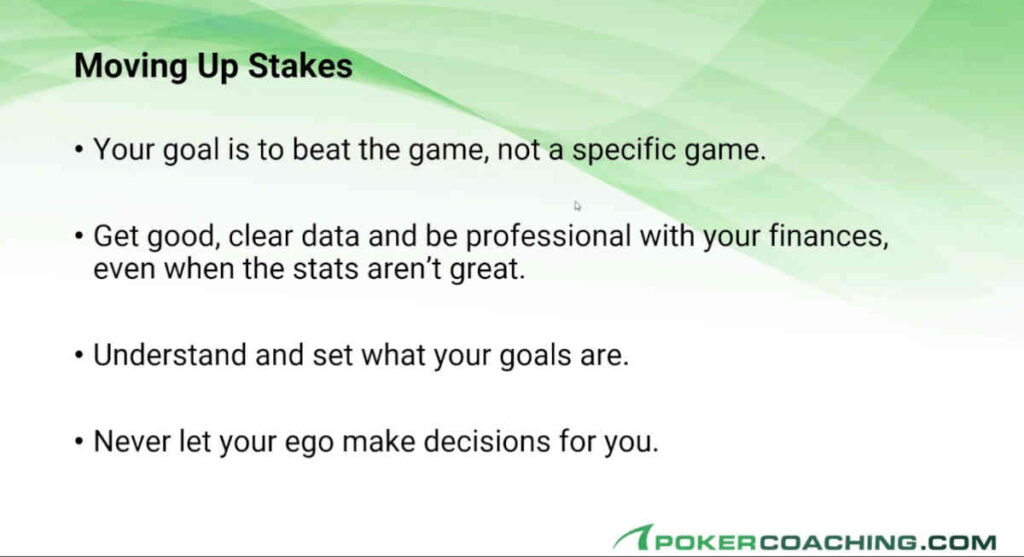
This is for people who want to move up. If your goal is to have the highest win rate in your local 1/22 game, then, by all means, focus on that specific game, finding exploits and ways to maximize your profits in that specific environment.
Furthermore, you need to be very serious and professional about keeping tabs on your finances and your stats, especially when playing live. It’s all too easy to start relying on estimates instead of actual numbers.
The better data you have, the more educated decisions you can make about moving up the stakes.
Have an app on your phone, an Excel sheet on your computer, and keep track of your hours, hands played, your hourly, big blind per hundred, etc.
You also need to understand and set your goals and be realistic about them. If you have other sources of income, your risk of ruin is a bit higher than someone who plays poker for a living.
You might want to maximize your hourly, which will include taking more risks and entail more variance. On the other hand, someone might be content playing at slightly lower stakes, earning less money per hour but keeping variance in check.
One final note is that, once again, you can’t let your ego get involved. If you take your shot and lose a bunch of buy-ins, you’ll be able to move back to the lower level without your ego having something to say about it or feeling bad about doing what needs doing.
Focus on playing the best you can in the game you should be playing and improving after every single session, and you’ll end up beating stakes even higher than the ones you may have temporarily dropped down from!






